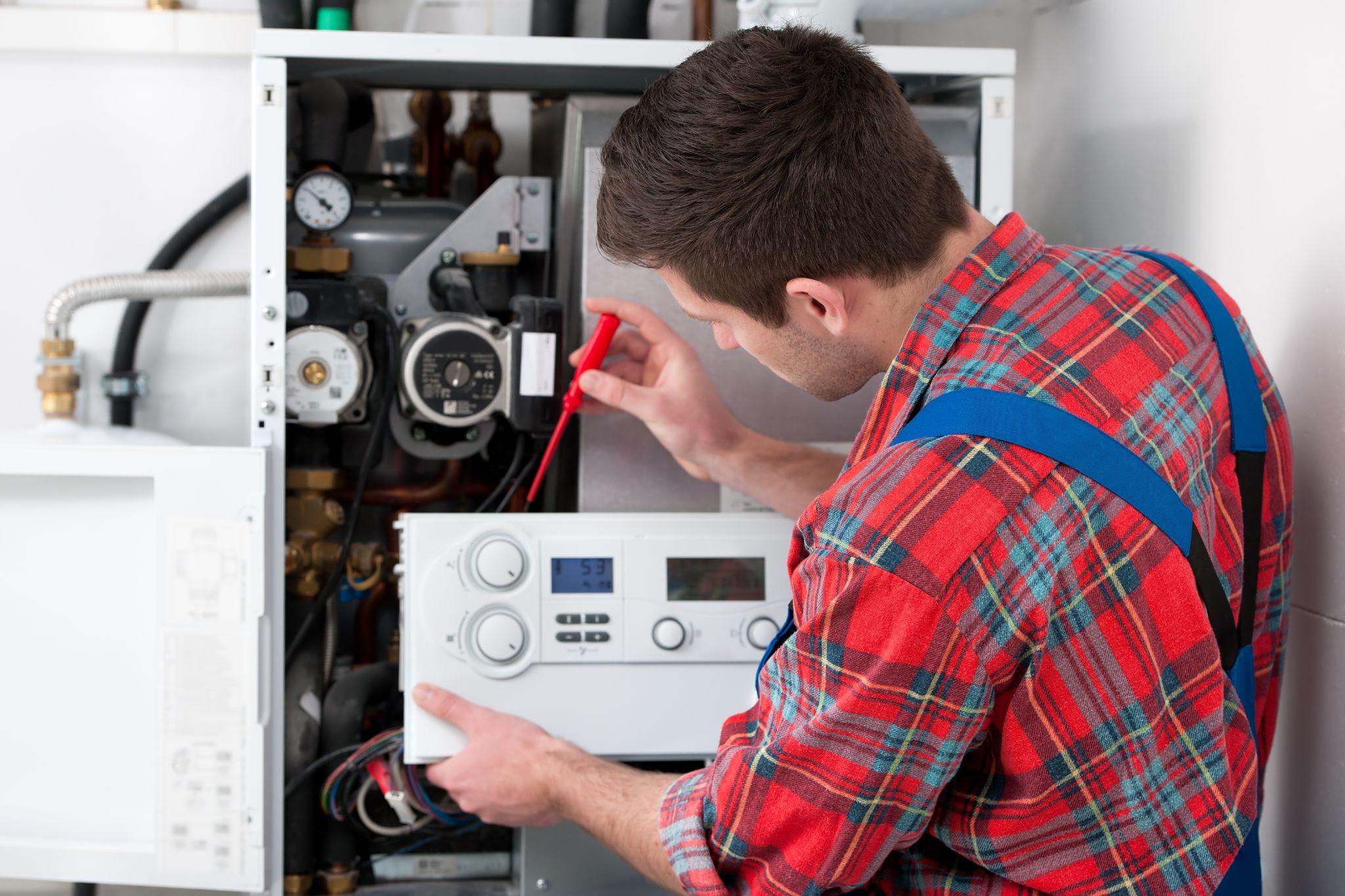Every household relies heavily on a reliable hot water system, which is an essential component for everyday convenience and comfort. From showering to dishwashing, a consistent supply of hot water plays a crucial role in maintaining our daily routines.
However, like any other home appliance, hot water systems don’t last forever, and there may come a time when replacement becomes necessary. Several factors can lead to the need for a new system, including age, inefficiency, and noticeable performance issues.
So, what will this article cover? Homeowners will find a comprehensive guide designed to navigate the intricacies of hot water system replacement. From identifying failure signs to selecting the right model, understanding the replacement process, and calculating costs, this guide aims to equip you with the essential knowledge needed.
Also essential is making informed choices, ensuring cost-effectiveness, energy efficiency, and overall satisfaction with the newly installed system.
Signs You Need a Hot Water System Replacement
Recognising the early signs of a problematic hot water system can save homeowners from unexpected cold showers and costly damage. Typically, several indicators may suggest that a replacement is on the horizon. One of the first signs is inconsistent water temperature. If the water frequently shifts from hot to cold without any adjustments, it might indicate an internal malfunction or excessive wear, especially in older units.
Moreover, unusual noises or leaks around the water heater are red flags. A well-functioning system should operate quietly. Banging, rumbling, or hissing sounds often indicate sediment build-up, component wear, or other mechanical issues. Additionally, water leaking from the tank or pipes shouldn’t be ignored, as it can lead to significant water damage or complete system failure.
Changes in water quality or appearance also warrant attention. If the hot water appears rusty, murky, or has a metallic taste, it could be a sign of corrosion inside the tank, particularly with older systems. This not only affects water quality but also poses potential health risks, making replacement a prudent option.
Choosing the Right Hot Water System for Your Home
When the time comes to replace a hot water system, selecting the right one for your home is crucial. Several types of systems are available, each with its advantages and considerations.
Traditional tank systems, tankless water heaters, solar hot water systems, and electric options are among the common choices. Each has different energy requirements, costs, and installation needs.
When choosing a new system, consider factors such as the size of your household, energy efficiency, and budget. For instance, a tankless water heater might be ideal for smaller households with limited space, as it heats water on demand and generally uses less energy. Conversely, solar water heaters are highly efficient and environmentally friendly, but might have higher upfront costs and specific installation requirements.
Energy efficiency is a significant consideration when selecting a new system. Checking energy efficiency ratings can provide insight into potential savings on utility bills over the system’s lifetime. While energy-efficient models may cost more initially, the long-term savings on energy expenses can be substantial.
Professional advice is invaluable when choosing a hot water system. Plumbers and HVAC specialists can evaluate your home’s specific needs and provide recommendations based on their experience and expertise. They can help identify potential issues and ensure that the chosen system aligns with your usage patterns and budget.
Understanding the Replacement Process
Replacing a hot water system involves several steps, each crucial to ensuring a smooth transition to your new system. Initially, a professional will assess your current setup, including the type of system, age, and any existing issues. This assessment informs decisions about the most suitable replacement options.
Preparing your home for installation involves ensuring access to the existing system and perhaps making room for a different type if the new system requires more or less space. Homeowners should be aware of typical timelines and the possible disruptions associated with replacement. The installation process might take a few hours to a full day, depending on the complexity of the setup.
The role of professional plumbers is critical, as they ensure the installation adheres to local regulations and standards. Proper installation guarantees the safety and efficiency of the system, preventing potential future complications or hazards.
While some homeowners might be tempted to attempt installations themselves, the expertise of a qualified plumber provides peace of mind and reduces the risk of costly mistakes.
Costs Involved in Replacing a Hot Water System
Understanding the costs involved in replacing a hot water system is essential for budget planning. The primary cost includes the price of the new unit, which can vary widely based on the type and size of the system. Tankless systems, for example, tend to be pricier than traditional tank systems due to their energy efficiency and advanced technology.
Labour costs are another significant factor. Hiring a professional plumber ensures safe and compliant installation but comes at a cost, often reflecting the complexity and time required for the job. Additional materials, such as piping or electrical components, might also contribute to total expenses.
Homeowners should estimate their overall replacement budget by considering all these factors. Location, brand preference, and installation complexity can influence the final cost significantly. Some areas may have higher labour costs or availability issues for specific models, affecting overall expenses.
To find cost-effective solutions, homeowners can explore rebates or incentives offered by governments or energy providers. These programs often encourage the installation of energy-efficient systems, providing some financial relief. Additionally, obtaining multiple quotes from reputable contractors can help compare prices and services, ensuring a fair deal.

Maintaining Your New Hot Water System
Once a new hot water system is installed, maintaining it is crucial for longevity and efficiency. Regular maintenance helps prevent unexpected breakdowns and extends the life of the system. Basic maintenance practices include checking for leaks, flushing the tank (for systems with tanks), and monitoring the system’s performance.
Homeowners can perform several maintenance tasks themselves, such as routinely inspecting the system for any obvious issues and ensuring adequate insulation around piping. However, certain signs might indicate the need for professional servicing, such as persistently inconsistent water temperatures or unusual noises returning after maintenance efforts.
The long-term benefits of routine maintenance are substantial. Not only does it improve energy efficiency, reducing utility bills, but it also ensures safety by preventing potential hazards such as leaks or overheating. By taking proactive measures, homeowners can maximise their new system’s performance and lifespan.
Think Long-Term: Get the Best Value from Your Hot Water System
In summary, replacing a hot water system is a significant investment requiring careful consideration and planning. From recognising when a replacement is needed to selecting the right system and understanding the replacement process, homeowners have several factors to navigate. Professional installation is vital for safety and effectiveness, and ongoing maintenance ensures the new system continues to meet household needs efficiently.
When contemplating what a new hot water system might cost you, remember the importance of balancing upfront expenses with long-term benefits. Energy-efficient systems, although sometimes pricier initially, can offer significant savings over time. Consulting with professionals offers valuable guidance tailored to your home’s specific requirements, ensuring the right decisions are made.
With the right approach, homeowners can enjoy a reliable hot water supply, improved energy efficiency, and peace of mind for years to come.

